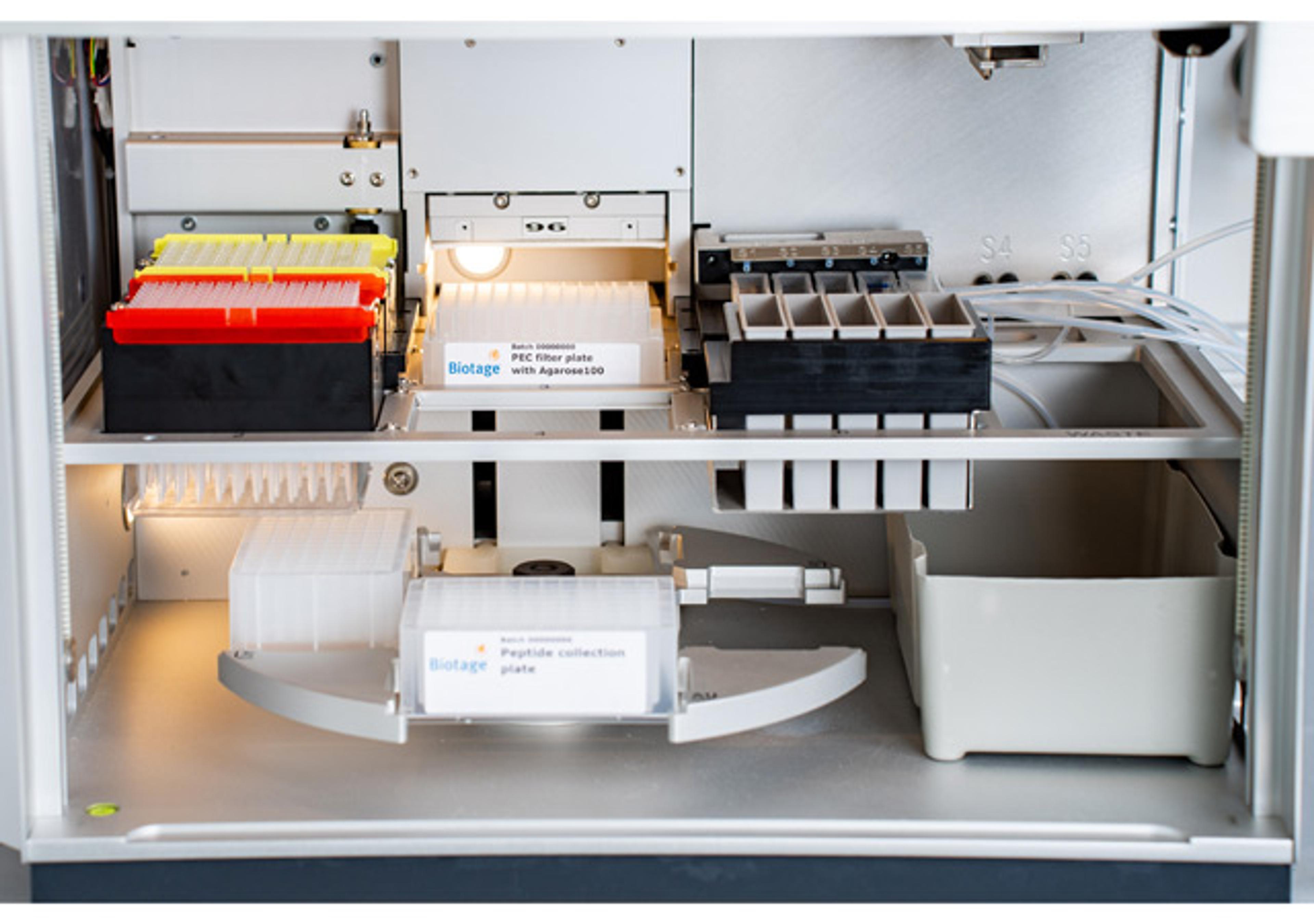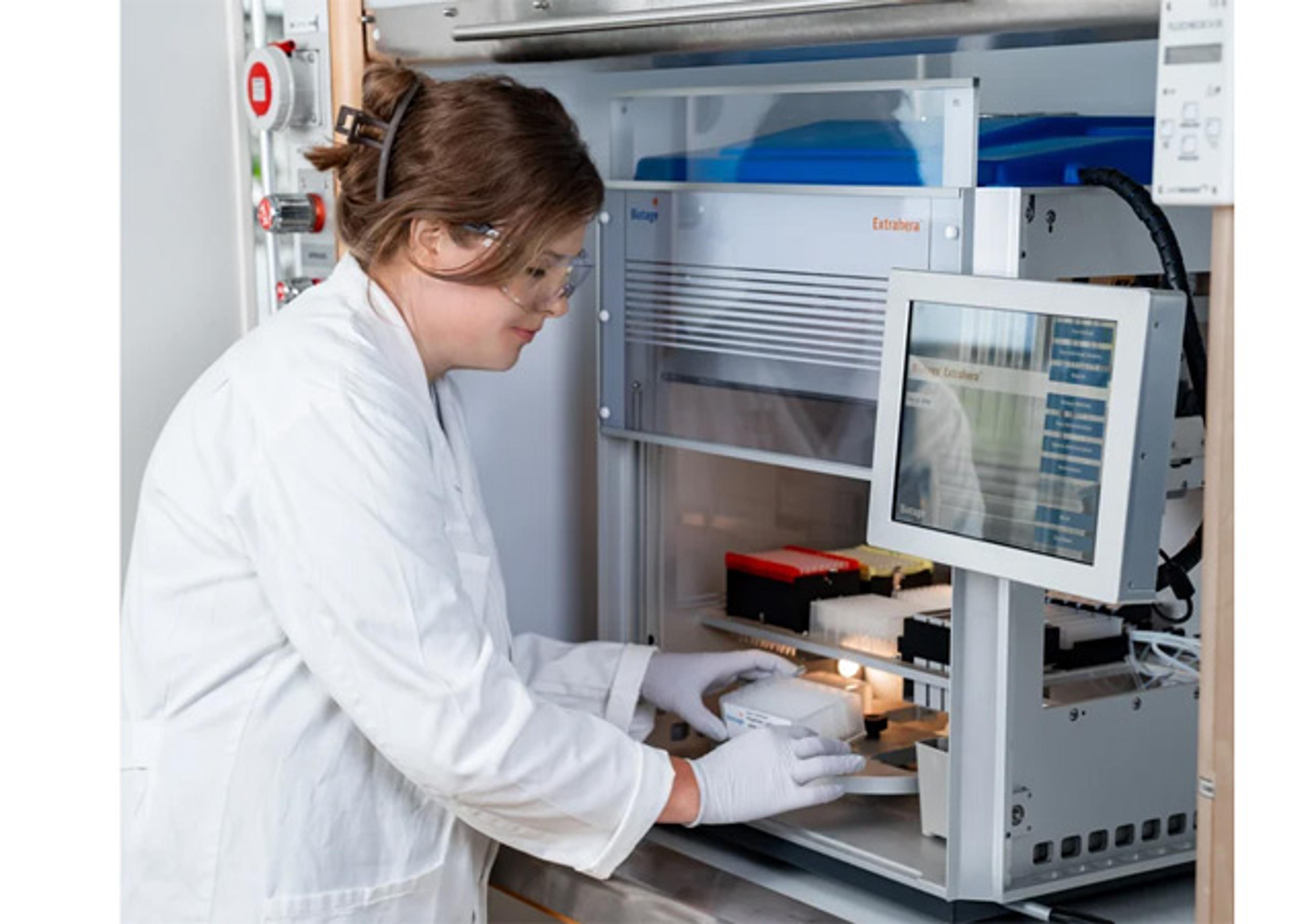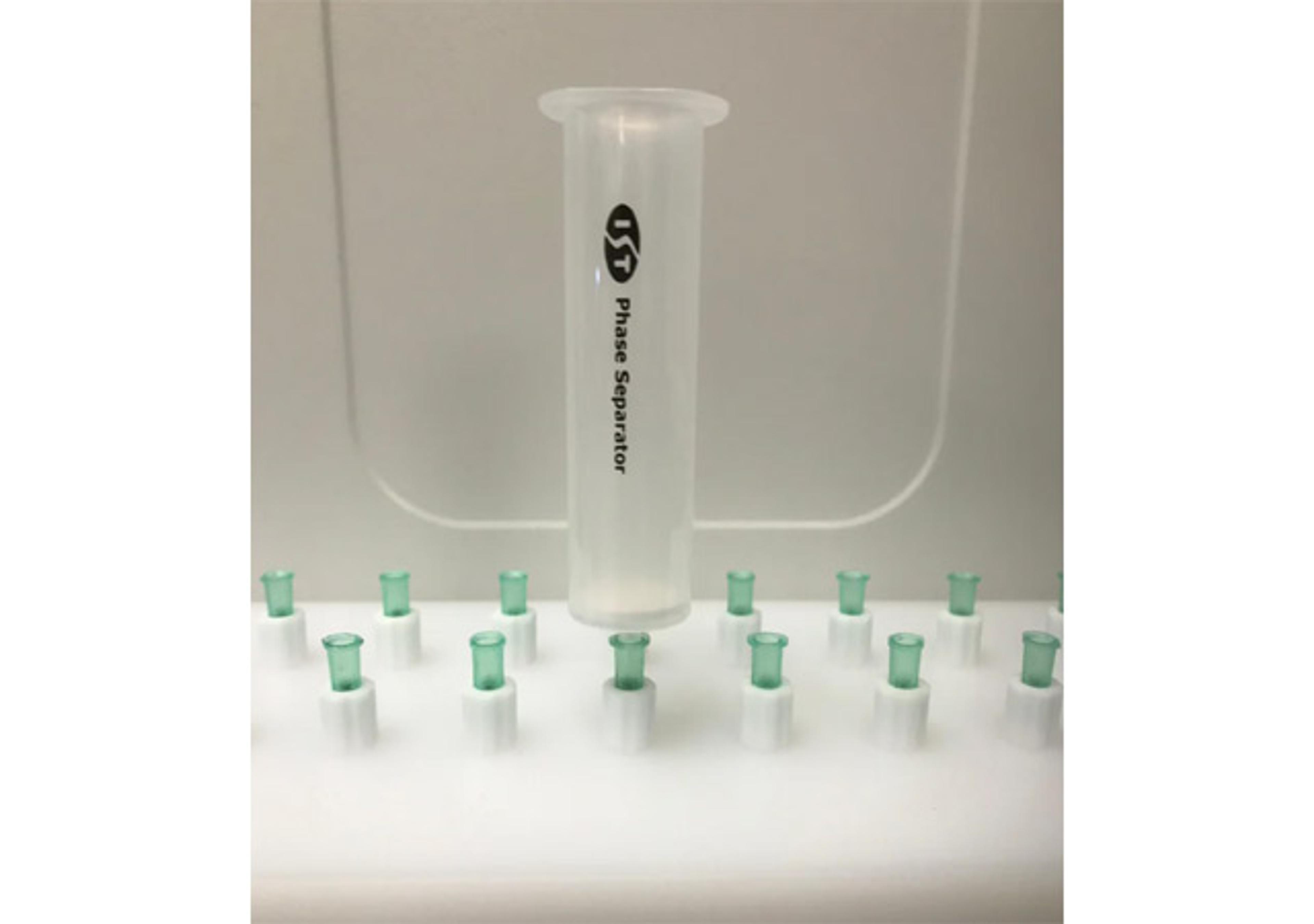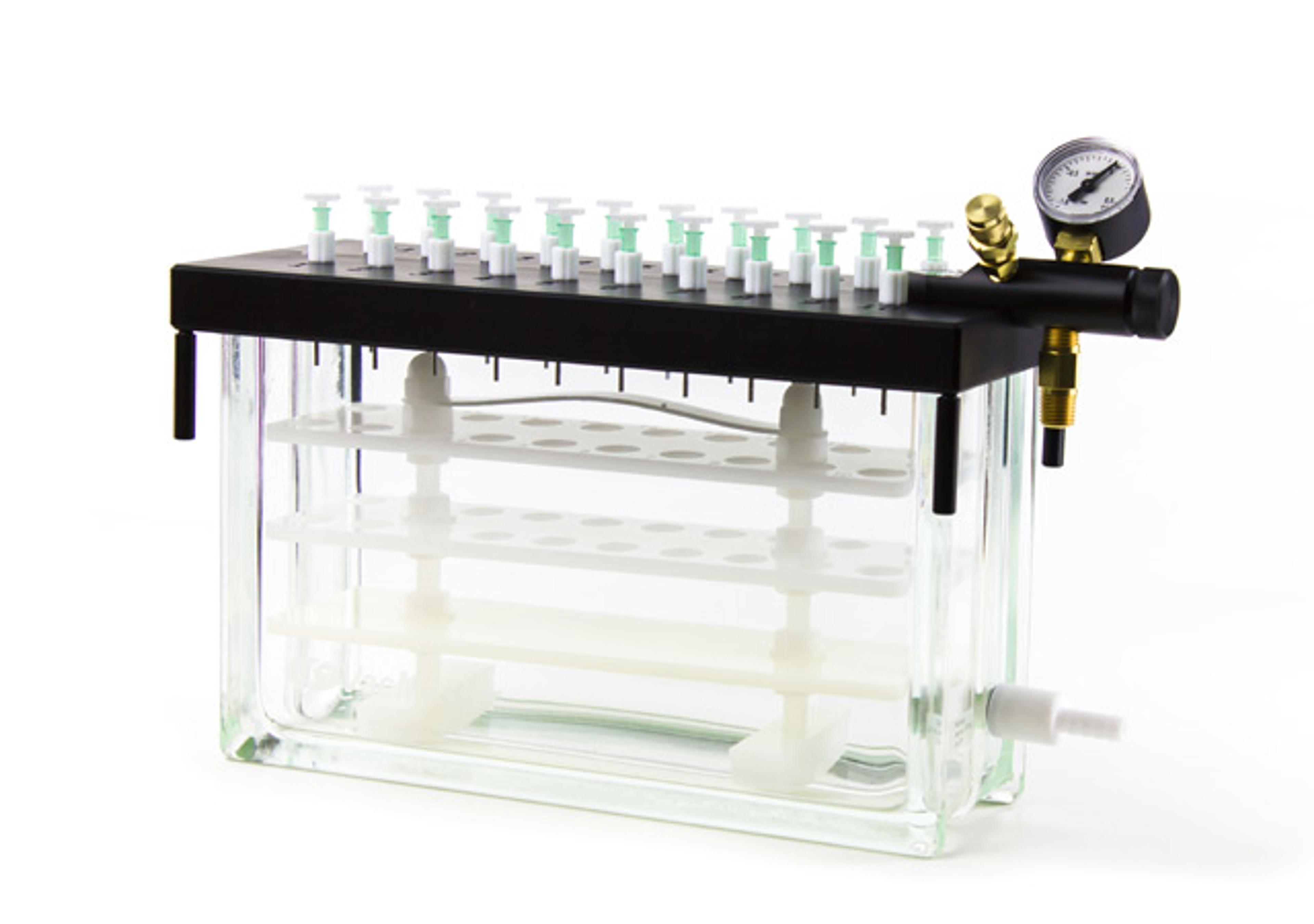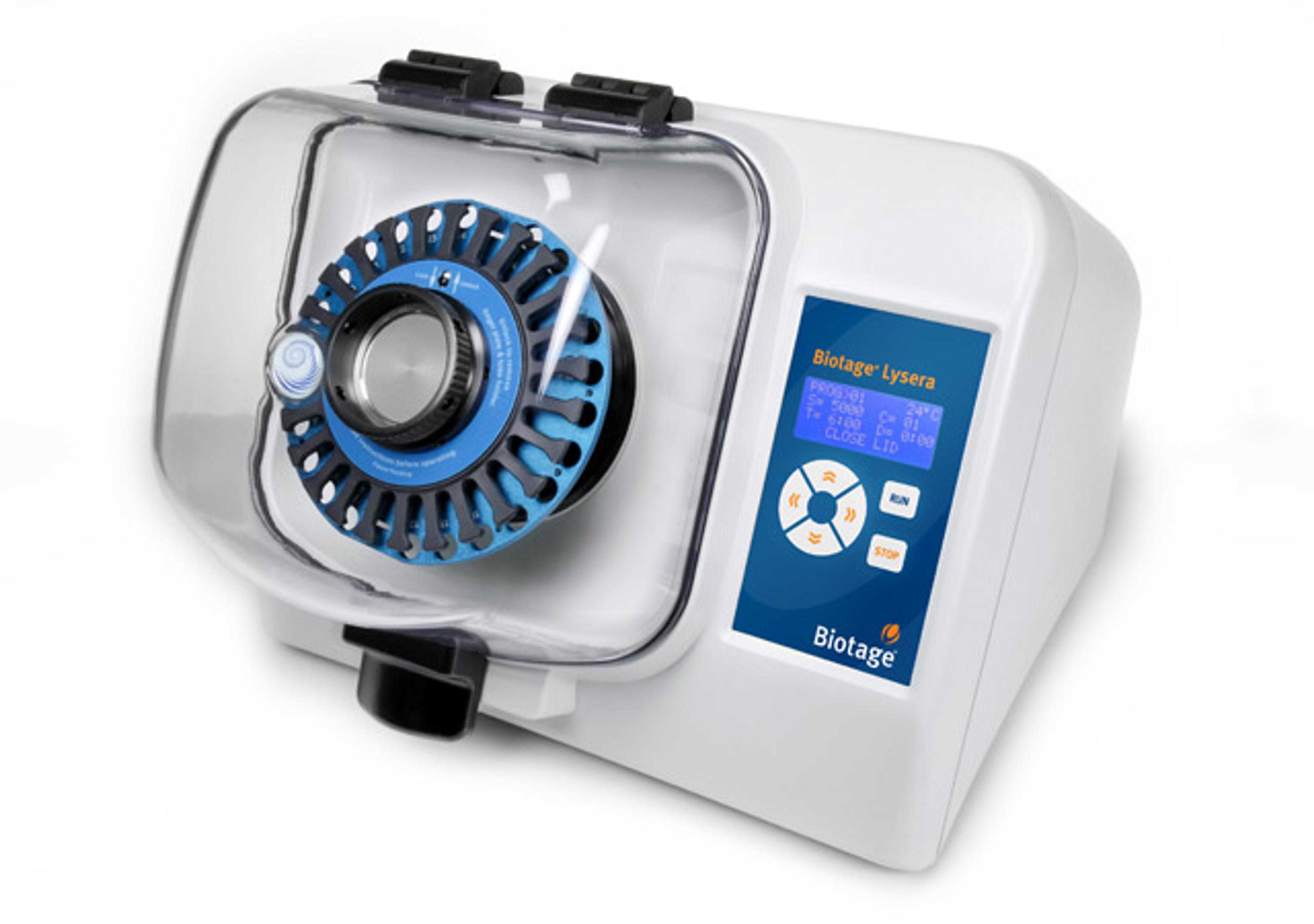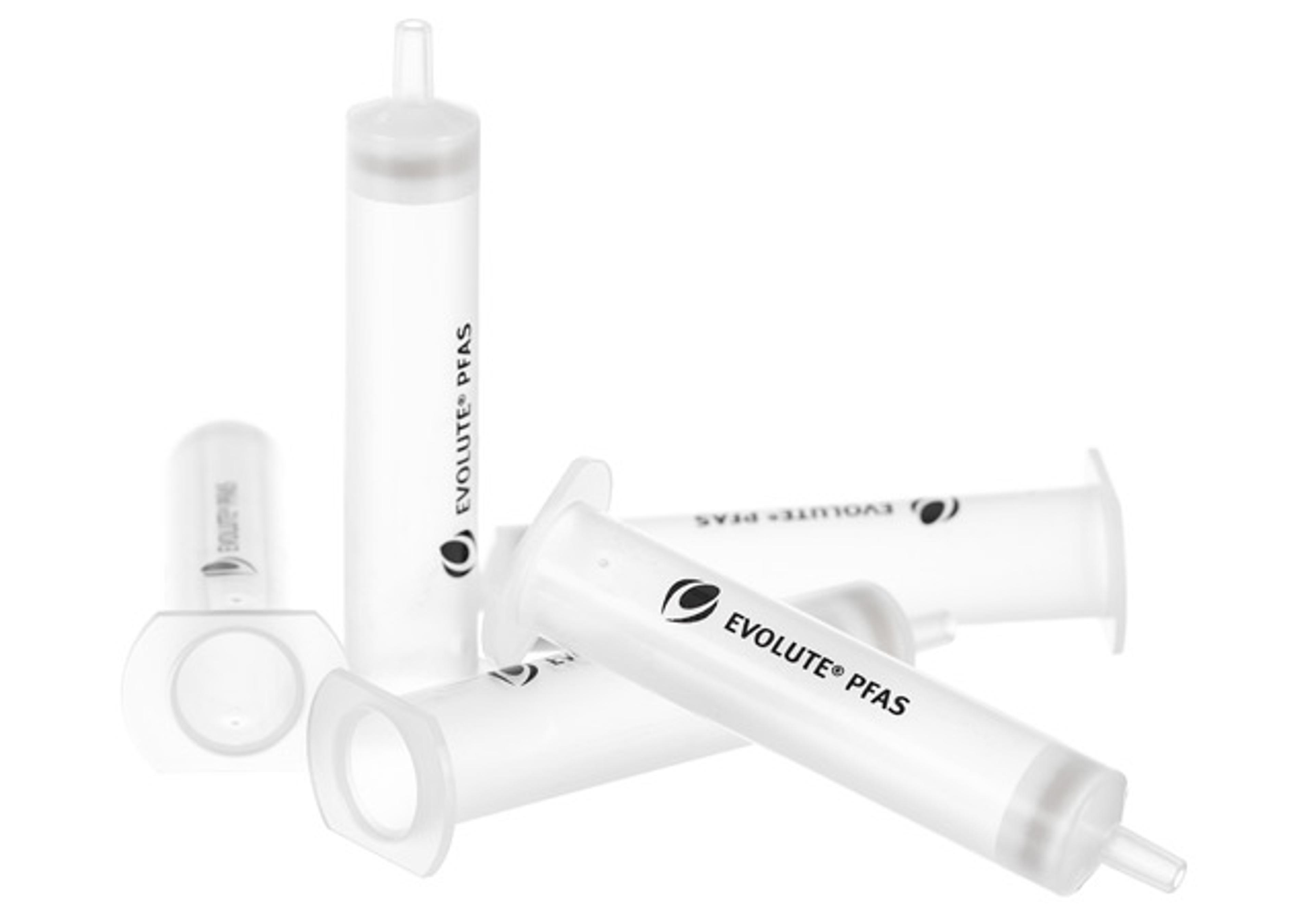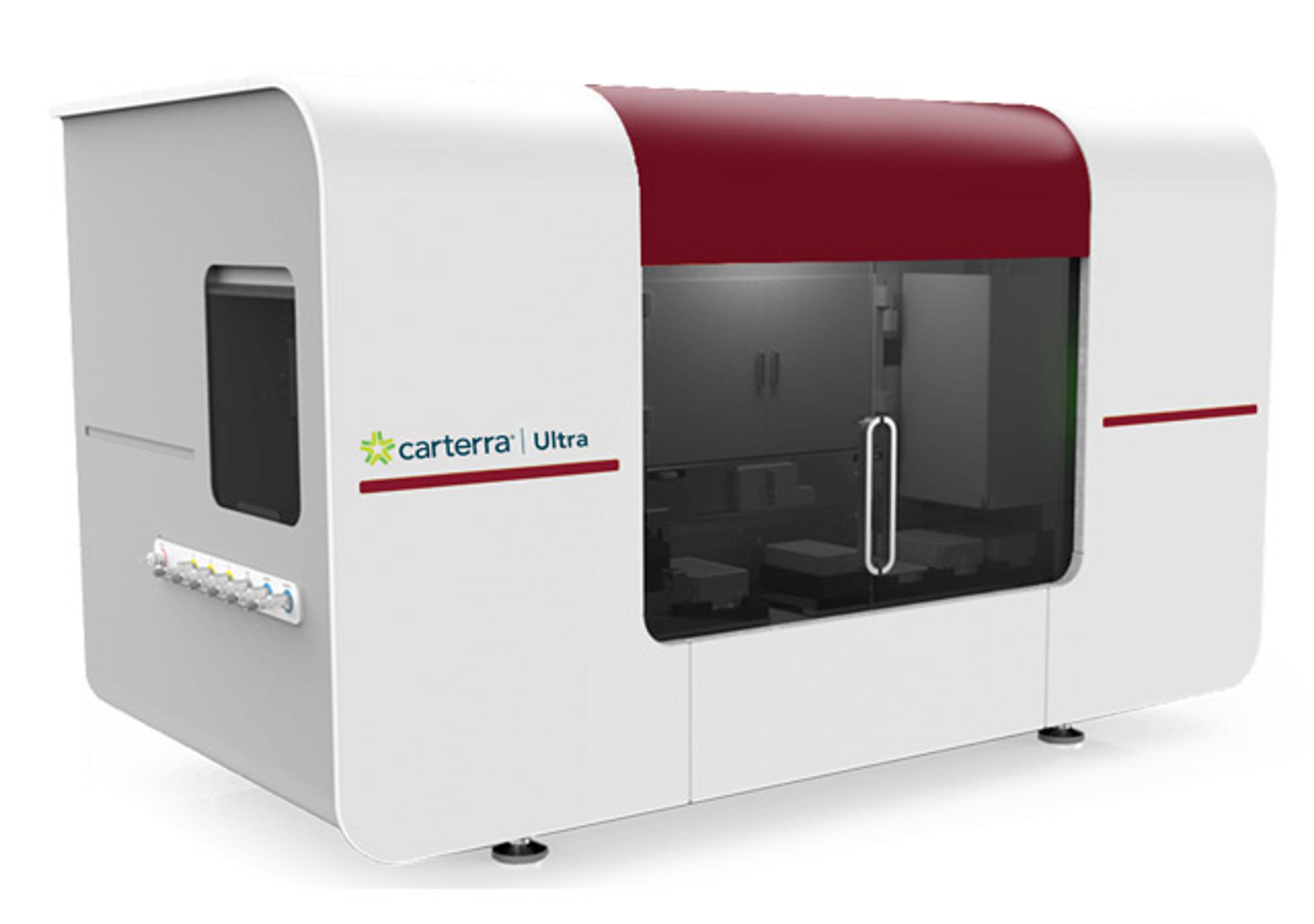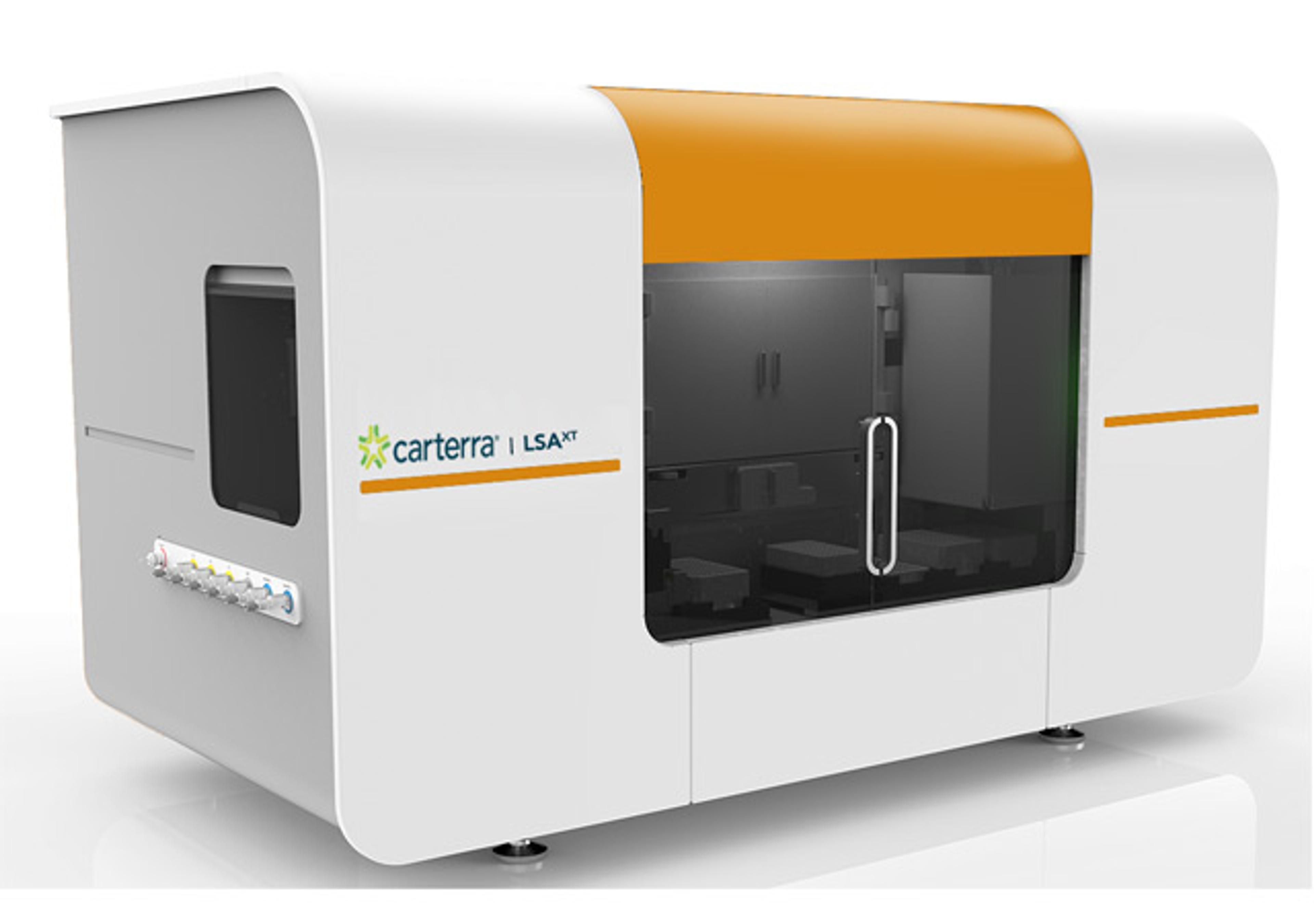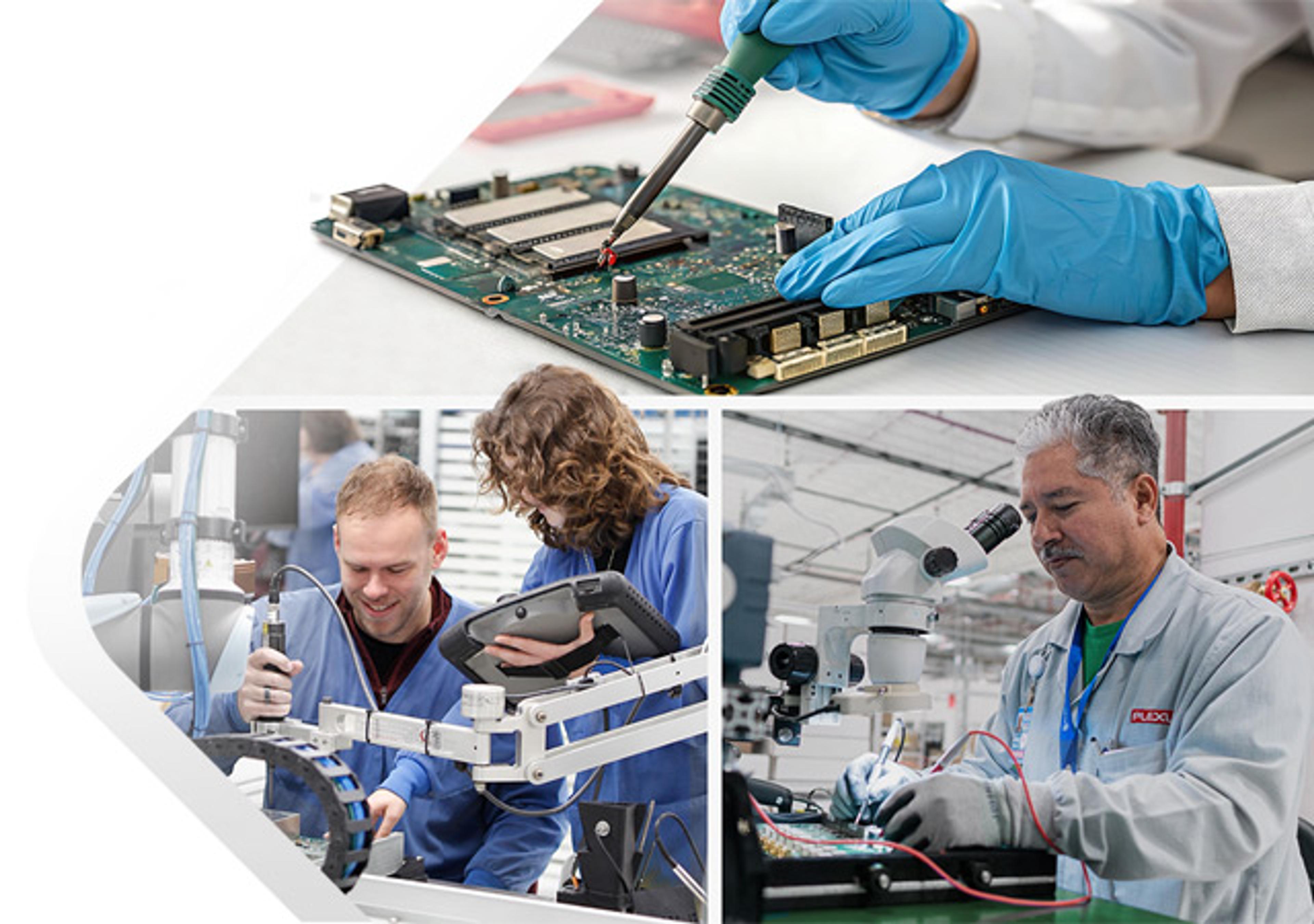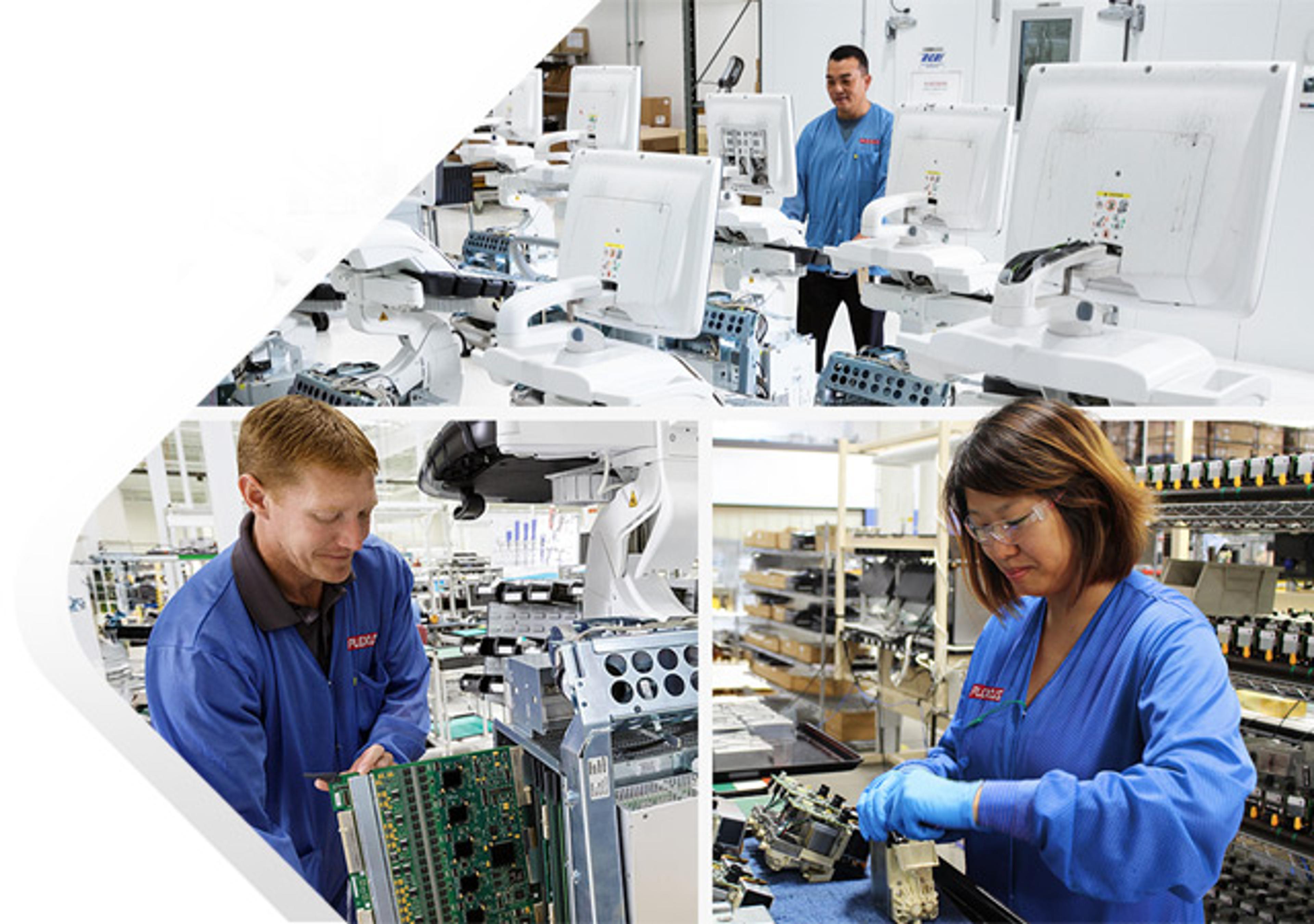Hydroxychloroquine
Inhibits autophagy and heme polymerase

The supplier does not provide quotations for this product through SelectScience. You can search for similar products in our Product Directory.
Hydroxychloroquine is a synthetic derivative of quinolyl. It increases the pH within intracellular vacuoles and alters processes such as protein degradation by acidic hydrolases, assembly of macromolecules, and post-translation modification of proteins (Fox). By doing this, it prevents the stimulation of CD4+ cells, thus down-regulating the immune response (Fox). Hydroxychloroquine is also a potent autophagy inhibitor (van Loosdregt et al.) and heme polymerase inhibitor (Chou & Fitch). This product is supplied as the sulfate salt of the molecule.
IMMUNOLOGY
- Inhibits the survival pathway of autophagy by preventing the degradation of autophagosomes, resulting in increased apoptosis of human CD4+CD45RO+ memory and effector T cells (van Loosdregt et al.).
CANCER RESEARCH
- In combination with various other treatments, increases the overall response rate, progression-free survival, and 1-year overall survival rate of cancer therapies (for glioblastoma, brain metastases due to non-small-cell lung cancer and breast cancer, pancreatic ductal adenocarcinoma [PDAC], non-Hodgkin lymphoma, metastatic PDAC, and pancreatic cancer), when compared to cancer therapies that do not utilize autophagy inhibition (Xu et al.).




